Chronicles from Kashmir seeks to create a sense of “balance”: between differently positioned voices that emerge when speaking about Kashmir; between differently placed narratives on the “victim”/“perpetrator” spectrum. While there is an inevitable streak of political commentary that runs throughout the work – a political current that cannot be escaped when talking about Kashmir – Chronicles from Kashmir does not espouse any one political ideology. We see ourselves as being artists and educators, using aesthetics and pedagogy to engage audiences with diverse perspectives from/about the Valley.
Related Movies

Blueberry Soup (2013)
Following a national crisis, the citizens of Iceland rallied together to collectively write the first ever crowdsourced constitution. A deeply touching account of an eclectic group of individuals reinventing democracy through the rewriting of the nation's constitution, proving that Iceland is not a broken country but instead an intricate web of concerns, ideas, and ultimately creative solutions.
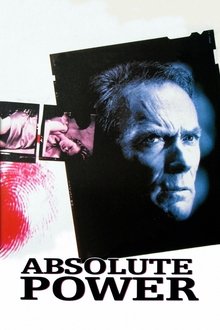
Absolute Power (1997)
A master thief coincidentally is robbing a house where a murder—in which the President of the United States is involved—occurs in front of his eyes. He is forced to run, while holding evidence that could convict the President.

Land Without Bread (1933)
An exploration —manipulated and staged— of life in Las Hurdes, in the province of Cáceres, in Extremadura, Spain, as it was in 1932. Insalubrity, misery and lack of opportunities provoke the emigration of young people and the solitude of those who remain in the desolation of one of the poorest and least developed Spanish regions at that time.
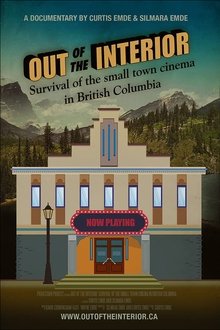
Out of the Interior: Survival of the small-town cinema in British Columbia (NaN)
The hard-working cinema owners and operators of the small towns found in BC's southern interior are doing more than showing movies and selling popcorn––they are bringing their communities together.

I Was, I Am, I Will Be (1974)
In the spring of 1974, a camera team from Studio H&S succeeded against the explicit orders of the Junta’s Chancellery, entered into two large concentration camps in the north of the country - Chacabuco and Pisagua - leaving with filmed sequences and sound recordings.
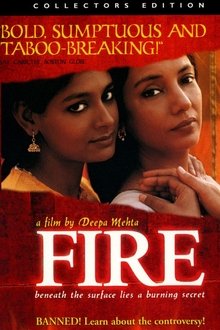
Fire (1997)
In a barren, arranged marriage to an amateur swami who seeks enlightenment through celibacy, Radha's life takes an irresistible turn when her beautiful young sister-in-law seeks to free herself from the confines of her own loveless marriage.

Rokonok (2006)
Young honest public official is sworn in after his predecessor had to leave due to a corruption scandal. Soon, the young idealist discovers just how far-reaching the corruption is in his town and how easy it is to become corrupt yourself.

Staging Success: The PlayhouseSquare Story (2012)
As PlayhouseSquare celebrates its first 90 years, “Staging Success: The PlayhouseSquare Story” pays tribute to the people who were instrumental in saving the theaters and shows how the community worked together to create a cultural showplace in the heart of downtown Cleveland. This new documentary, a production of WVIZ/PBS, in collaboration with Think Media Studios, reveals a Cleveland rags-to-riches tale as dramatic as any on Broadway.

Punk the Vote! (2006)
Roach and Starbuck, two hardcore punks from Montreal, try to form their own political party, but run out of time due to Canada's electoral process. Instead, they decide to campaign for political office as independent candidates in a rich Montreal district called Outremont.
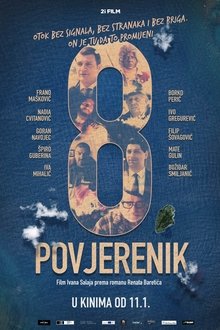
The Eighth Commissioner (2018)
Siniša Mesjak, an arrogant and ambitious politician on the rise, finds himself in the middle of a scandal. To hide him from the public, the president appoints him as the commissioner of Croatian government on the furthest settled island Trečić, where he is tasked with the organization of local elections. The previous seven commissioners haven't succeeded.

The Dresser (1983)
In a touring Shakespearean theater group, a backstage hand - the dresser, is devoted to the brilliant but tyrannical head of the company. He struggles to support the deteriorating star as the company struggles to carry on during the London blitz. The pathos of his backstage efforts rival the pathos in the story of Lear and the Fool that is being presented on-stage, as the situation comes to a crisis.
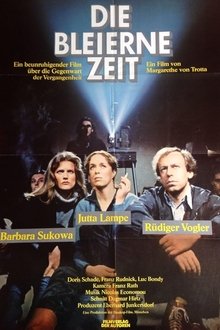
Marianne and Juliane (1981)
Germany, 1968: The priest's daughters Marianna and Juliane both fight for changes in society, like making abortion legal. However their means are totally different: while Juliane's committed as a reporter, her sister joins a terroristic organization. After she's caught by the police and put into isolation jail, Juliane remains as her last connection to the rest of the world. Although she doesn't accept her sister's arguments and her boyfriend Wolfgang doesn't want her to, Juliane keeps on helping her sister. She begins to question the way her sister is treated.
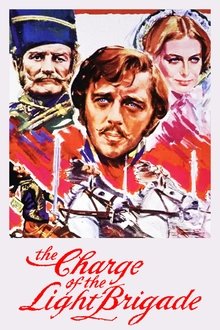
The Charge of the Light Brigade (1968)
During the Crimean War between Britain and Russia in the 1850s, a British cavalry division, led by the overbearing Lord Cardigan, engages in an infamously reckless strategic debacle against a Russian artillery battery.
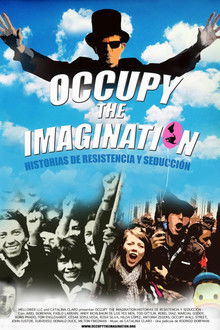
Occupy the Imagination: Tales of Seduction and Resistance (2013)
Filmmaker Rodrigo Dorfman goes in search of his revolutionary roots in Chile and in the process finds it in the euphoria of the Occupy Movement.

Great North: A Run. A River. A Region. (2021)
GREAT NORTH: A RUN. A RIVER. A REGION is a documentary film about the Great North Run, a half marathon from Newcastle to South Shields.
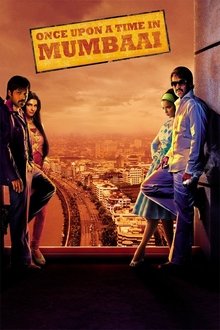
Once Upon a Time in Mumbaai (2010)
A tale of two gangsters from the eras of past and present, whose lives enter parallel paths as they struggle to survive within Bombay's criminal underworld.

Look Back at Grunwick (1980)
A RECORD OF THE STRIKE AT GRUNWICK IN 1977. The story of the continuing struggle at Grunwick’s by mainly Indian workers, from July 11th, 1977 until the struggle was lost. It shows the Special Patrol Group attack on the November 7th day of action, how the leadership of the struggle was taken out of the hands of the strike committee, how some of the strike leaders were disciplined by their own union for going on hunger strike outside the TUC in protest at the TUC’s inactivity, and how the post office workers were forced by their union to end their blacking of Grunwick mail. It also shows the beginnings of the similar struggle by immigrant workers at Garner’s Steak Houses in London.
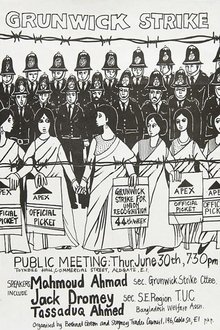
Stand Together! (1977)
'Stand together!', a film on the "mass day of solidarity" on 11 July 1977, was made in 1977 for the Grunwick Strike Committee by the Newsreel Collective, of which Chris Thomas was a member, and members of the Association of Cinematograph, Television and Allied Technicians (ACTT) and the Transport and General Workers' Union.

One, Half (2022)
There is a man and a woman in a car. They inadvertently become tense due to the hijab of the woman's hair. In fact, if the woman's hair is seen, they will be caught by police cameras in the streets. The man constantly tells the woman to bring her scarf forward and keep the hijab so that his car is not confiscated by the police, And this is the beginning of the story...
